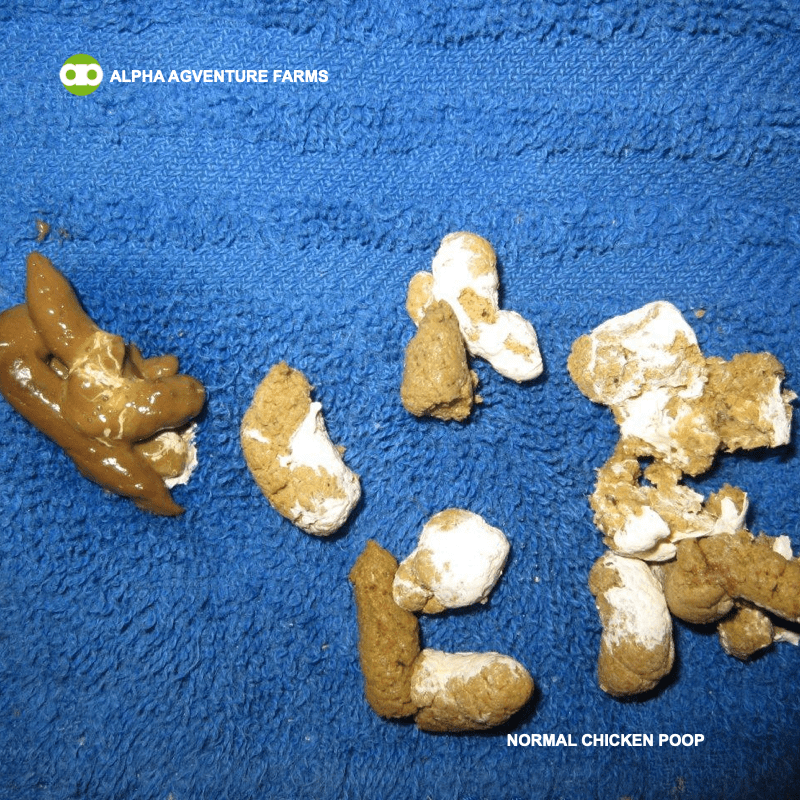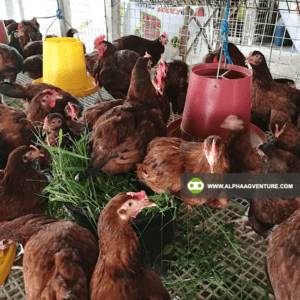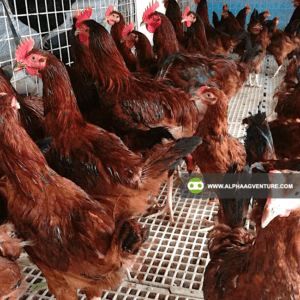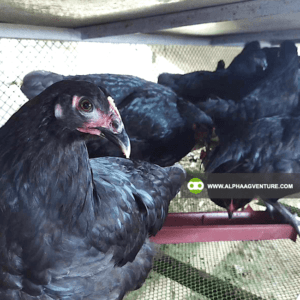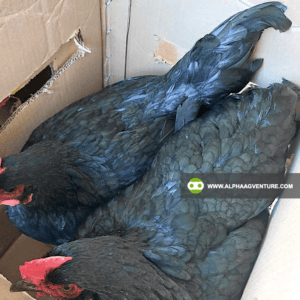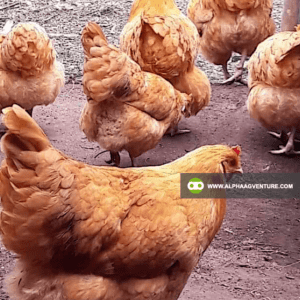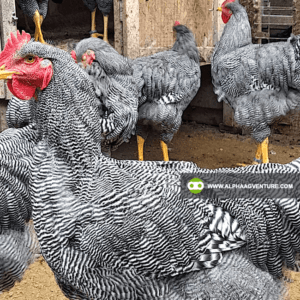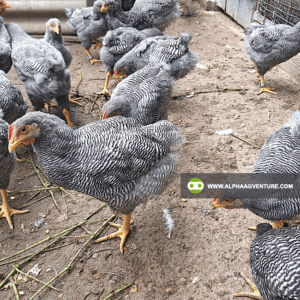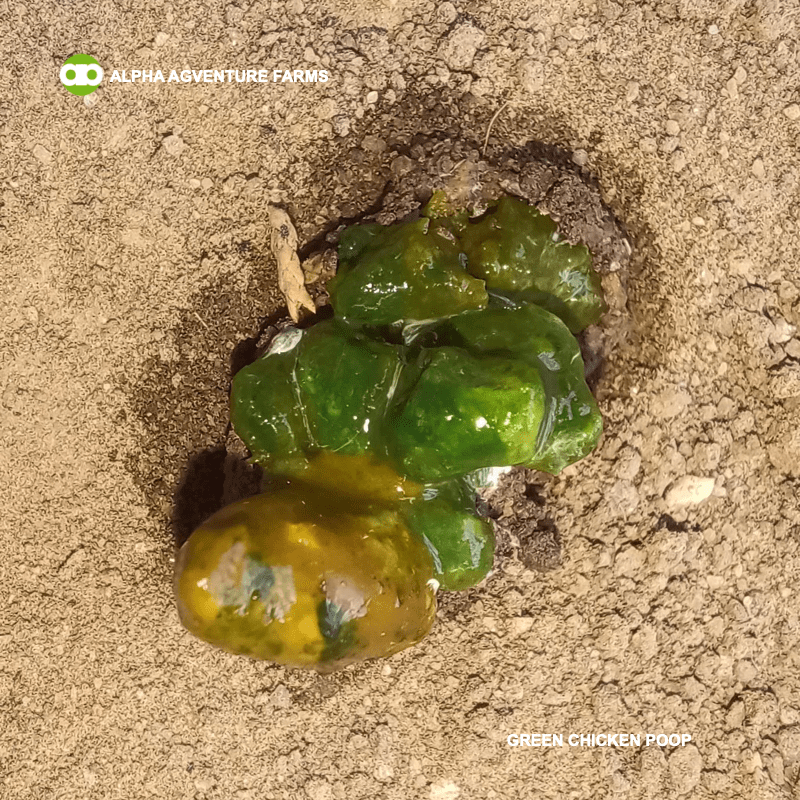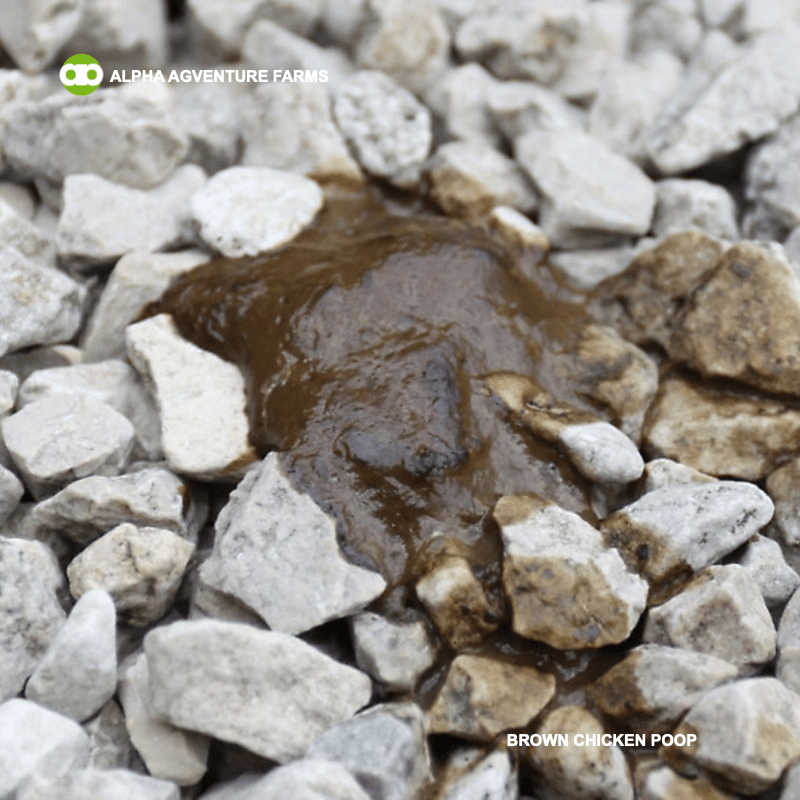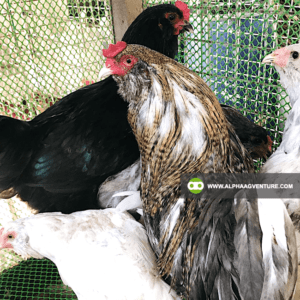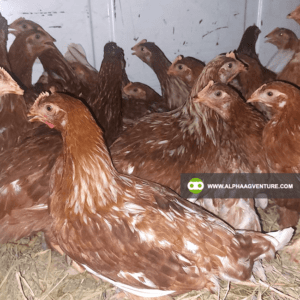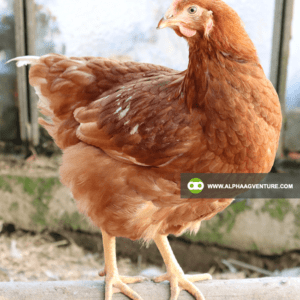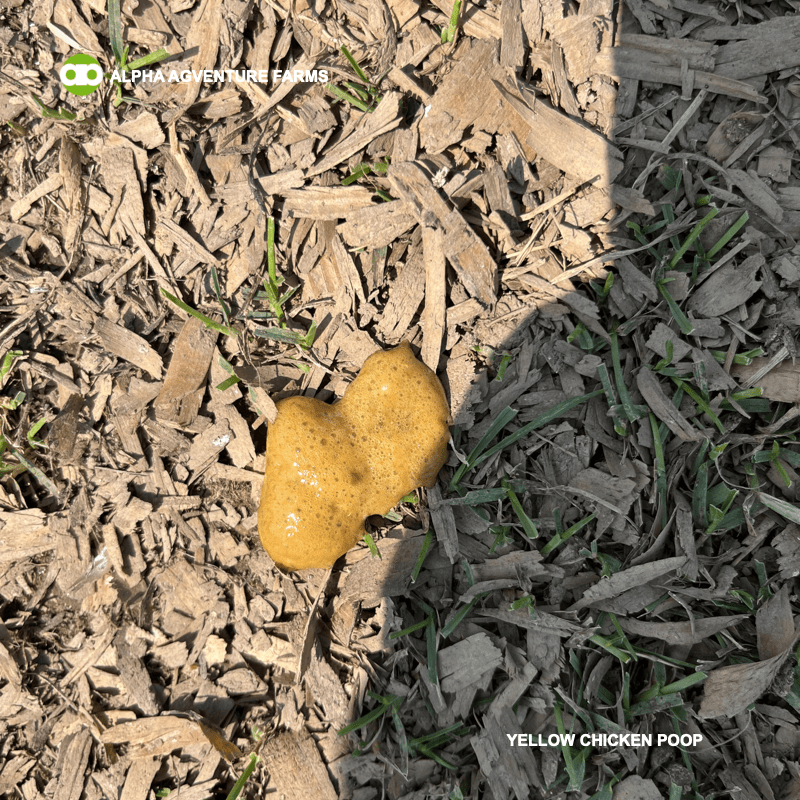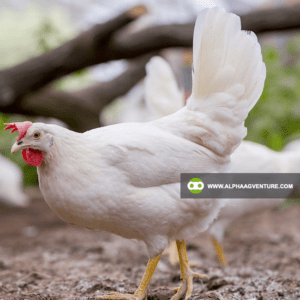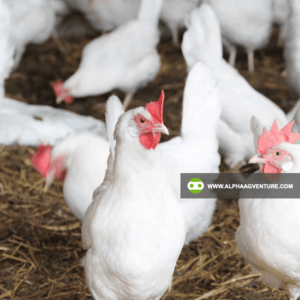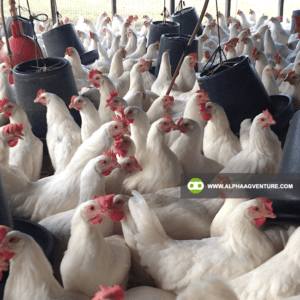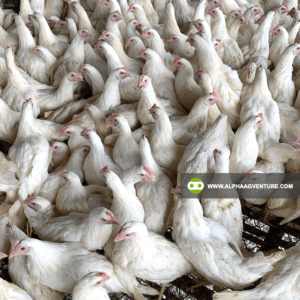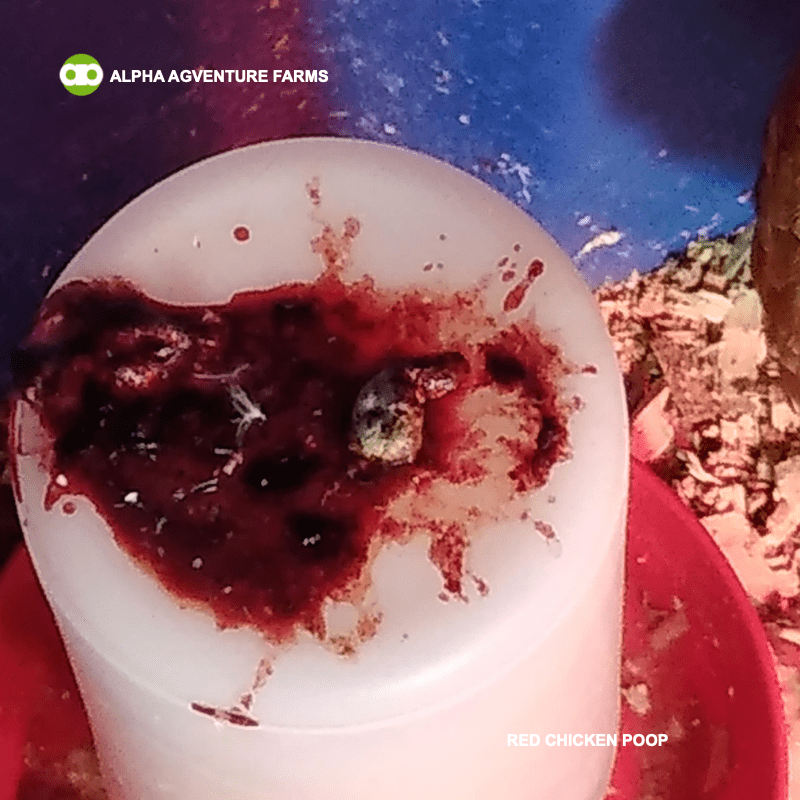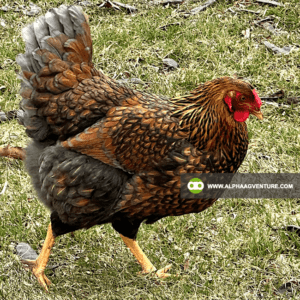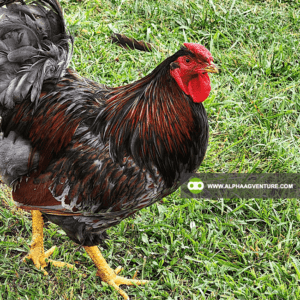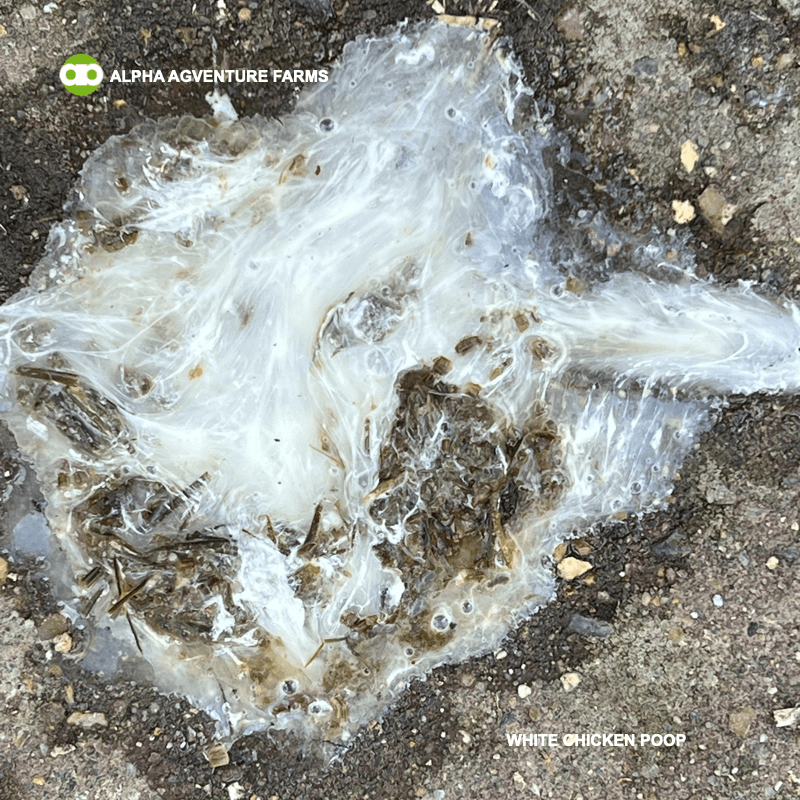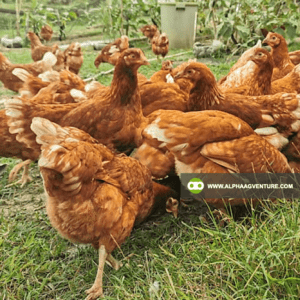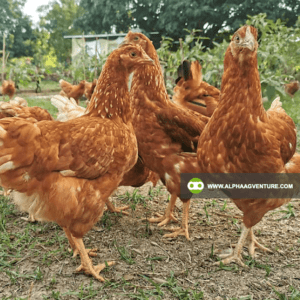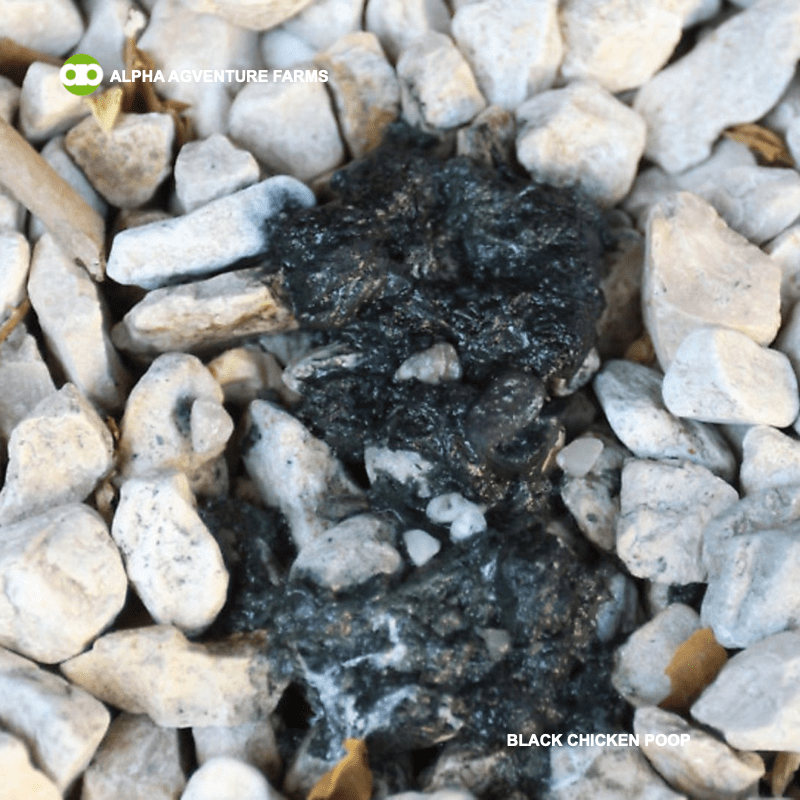Let’s be real—nobody wakes up excited to examine chicken poop. But if you’re serious about poultry health (and I know you are), you’d better start paying attention. The color, consistency, and frequency of chicken droppings can tell you a lot about what’s happening inside your flock. In the Philippines, where poultry farming is a major industry, early detection of diseases through fecal analysis can mean the difference between a thriving operation and financial disaster.
So, let’s dive into the science of chicken poop—what’s normal, what’s not, and when you should start panicking. (Okay, maybe not panicking, but at least calling your vet!)
1. Normal Chicken Feces: Characteristics and Variability
Healthy chickens, whether you’re raising Rhode Island Reds, Black Australorps, or Buff Orpingtons, should produce firm, brownish or greenish droppings with a white cap (that’s the urates). Occasionally, you’ll see a softer, mustard-yellow cecal dropping. Don’t freak out—that’s just part of the normal digestive cycle. But if your Barred Plymouth Rock suddenly starts pooping neon green? That’s another story.
2. Green Feces: Enteric Viral and Nutritional Causes
Green poop can signal a few things, and none of them are great news:
- Newcastle Disease (ND): If your chickens have green diarrhea, along with twisted necks and sneezing, NDV might be to blame. This virus wreaks havoc on both backyard and commercial farms, including those raising Chinese Silkies.
- Avian Influenza (AI): This one’s even worse. Greenish droppings, respiratory distress, and sudden death? Time to call the your municipal or city veterinary’s office because you might be dealing with HPAI.
- Starvation or Malnutrition: If your Cornish birds are drinking but not eating, bile builds up and turns the droppings green. Sometimes, feed shortages cause this in backyard farms.
3. Brown Feces: Parasitic and Bacterial Enteropathies
Brown poop might seem normal—until it’s not. Here’s when you should worry:
- Coccidiosis (Eimeria spp.): Brownish, watery feces with mucus are an early sign of coccidiosis. If you’ve got Ameraucanas or Tetra Browns on deep litter systems, keep an eye out.
- Bacterial Enteritis: A bad case of Clostridium perfringens can make droppings turn brown, slimy, and smelly. You don’t want this in your farm.
4. Yellow Feces: Systemic and Immunosuppressive Disorders
- Fowl Typhoid (Salmonella Gallinarum): If you see sulfur-yellow diarrhea and your ISA Whites look lethargic, it’s time for lab tests.
- Infectious Bursal Disease (IBD/Gumboro): If your Dekalb Whites are young and suddenly develop yellowish-white droppings, suspect Gumboro.
- Hepatic Disease: Mycotoxins in poorly stored feeds can mess up the liver and turn droppings yellow. Check your corn supply!
5. Red or Bloody Feces: Hemorrhagic Enteropathies and Intestinal Ulcers
Blood in chicken poop? That’s a five-alarm fire.
- Coccidiosis: Eimeria tenella causes bloody diarrhea and kills fast, especially in young birds.
- Necrotic Enteritis: This sneaky bacterial infection often comes hand-in-hand with coccidiosis.
- Intestinal Injury: Sharp feed particles can cause minor bleeding, but if you’re consistently seeing red in your Wyandottes’ droppings, look deeper.
6. White Feces: Renal and Systemic Infections
- Pullorum Disease (Salmonella Pullorum): White pasty diarrhea? Your chicks might be dealing with this deadly infection.
- Avian Infectious Bronchitis (IB): Some nephropathogenic strains mess with the kidneys, causing watery white feces.
- Kidney Disease: If your Dekalb Browns are on a high-protein diet and aren’t getting enough water, expect white, pasty poop.
7. Black Feces: Gastrointestinal Hemorrhages and Toxicities
Black droppings usually mean digested blood—bad news.
- Gastrointestinal Bleeding: Ulcers, parasites, or toxins can cause this.
- Heavy Metal Poisoning: Lead, zinc, or arsenic contamination can turn poop black (and kill birds quickly!).
Practical Considerations for Philippine Poultry Farms
Running a poultry farm isn’t just about collecting eggs and making money—it’s about preventing disasters before they happen. That’s why I always recommend integrating fecal monitoring into your daily farm routine. Get your farmhands trained to recognize warning signs, maintain strict biosecurity, and never underestimate the power of a well-timed fecal sample test.
The Last Scoop on Chicken Poop
If your chickens are pooping weird colors, don’t ignore it. Your ability to interpret those droppings can save you thousands of pesos and prevent a full-blown outbreak.
Want to get better at spotting early disease signs? Register to my Online (pre-recorded) Chicken Farming Seminar, where I’ll teach you everything from biosecurity to disease management. Need help diagnosing problems on your farm? My farm consultancy service can help optimize your operation and protect your investment. Because in poultry farming, the best defense is a good offense!
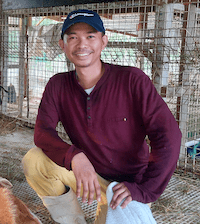
Mr. Jaycee de Guzman is a self-taught agriculturist and the founder and patriarch of Alpha Agventure Farms, recognized as the leading backyard farm in the Philippines. With a rich background in livestock farming dating back to the early 1990s, Mr. de Guzman combines his expertise in agriculture with over 20 years of experience in computer science, digital marketing, and finance. His diverse skill set and leadership have been instrumental in the success of Alpha Agventure Farms.



